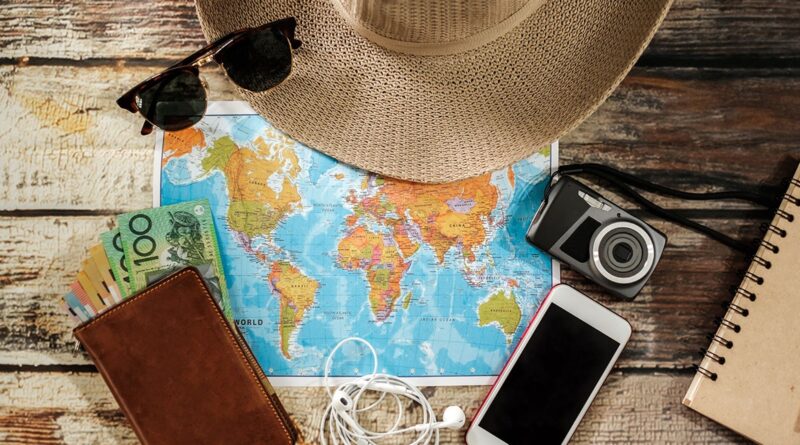How to Exchange Money When Travelling Internationally?
An overseas trip involves a lot of planning. You have to book flight tickets, arrange your visa, make hotel bookings, purchase travel insurance, and more. In addition to preparing for this trip, you will also need to arrange for the relevant country’s currency to cover your expenses while abroad.
There are various ways of changing money abroad, and this blog will discuss the best currency exchange tips.
Do You Need Overseas Money Exchange For an International Trip
Your home country’s currency will not be accepted in the destination country. Therefore, changing money abroad will become necessary to enjoy your trip. Knowing some essential tips for exchanging money abroad will save you from paying more than needed, including poor exchange rates and paying a higher exchange fee. Properly managing the currency exchange can ensure smooth and enjoyable travel.
How to Exchange Currency When Travelling Abroad?
When travelling abroad, you can exchange money at the banks, authorised money transfer providers, your bank’s overseas ATM or a foreign bank’s ATM, airports, etc.
Here are some tips you should know about overseas money exchange-
Do Your Research
Ensure you know the current rate of exchanging money abroad, as these rates continuously fluctuate. Confirm the conversion services and rate your bank or an authorised money transfer provider provides before exchanging currency. If you use credit cards, know that some might be more expensive than others for overseas trips.
Additionally, credit card providers charge overseas transaction fees once you spend more than your daily credit card limit. Thus, thorough research at your credit card provider and bank can help you save more while exchanging money abroad.
Avoid Exchanging Too Much Money
In some instances, travellers cannot estimate the amount of foreign money they will require on their trip abroad. Hence, they end up exchanging more money than needed. Carrying too much cash while travelling can be risky, exposing travellers to the risks of currency misplacement and theft.
Additionally, exchanging back unused foreign money for your country’s currency can lead to a significant loss because of a high exchange fee and rate. Therefore, try to budget your overseas trip and carry a reasonable amount of foreign money.
Choose The Local Currency
In some countries, dual currencies are acceptable—especially the US dollar. However, it is advisable to use the local currency, as local shopkeepers and businessmen charge high currency exchange fees. Hence, use the local currency and avoid exchanging money abroad.
Avoid Exchanging Currency at The Airport
Exchanging money at airports is never a good idea. The majority of international airports charge an exchange fee or commission of up to 15{a73e2cdfda6cdb9917dd4b4e0b8915ace22f082125ca8b94f0399a6cce0abd33}. The convenience of exchanging currency at the airport, thus, comes at a premium cost. Planning and exchanging money before you start your journey can help you avoid paying additional costs at the airport.
To Wrap It Up
Is it better to exchange currency at home or abroad? Well, whether it is better to exchange currency in the home country or abroad depends on various factors. Exchanging money abroad can sometimes result in better rates because local currency exchange offices are more likely to come with competitive rates, especially in tourist destinations.
Consider the tips mentioned above while exchanging money abroad. Lastly, secure your trip with an international travel insurance policy.


